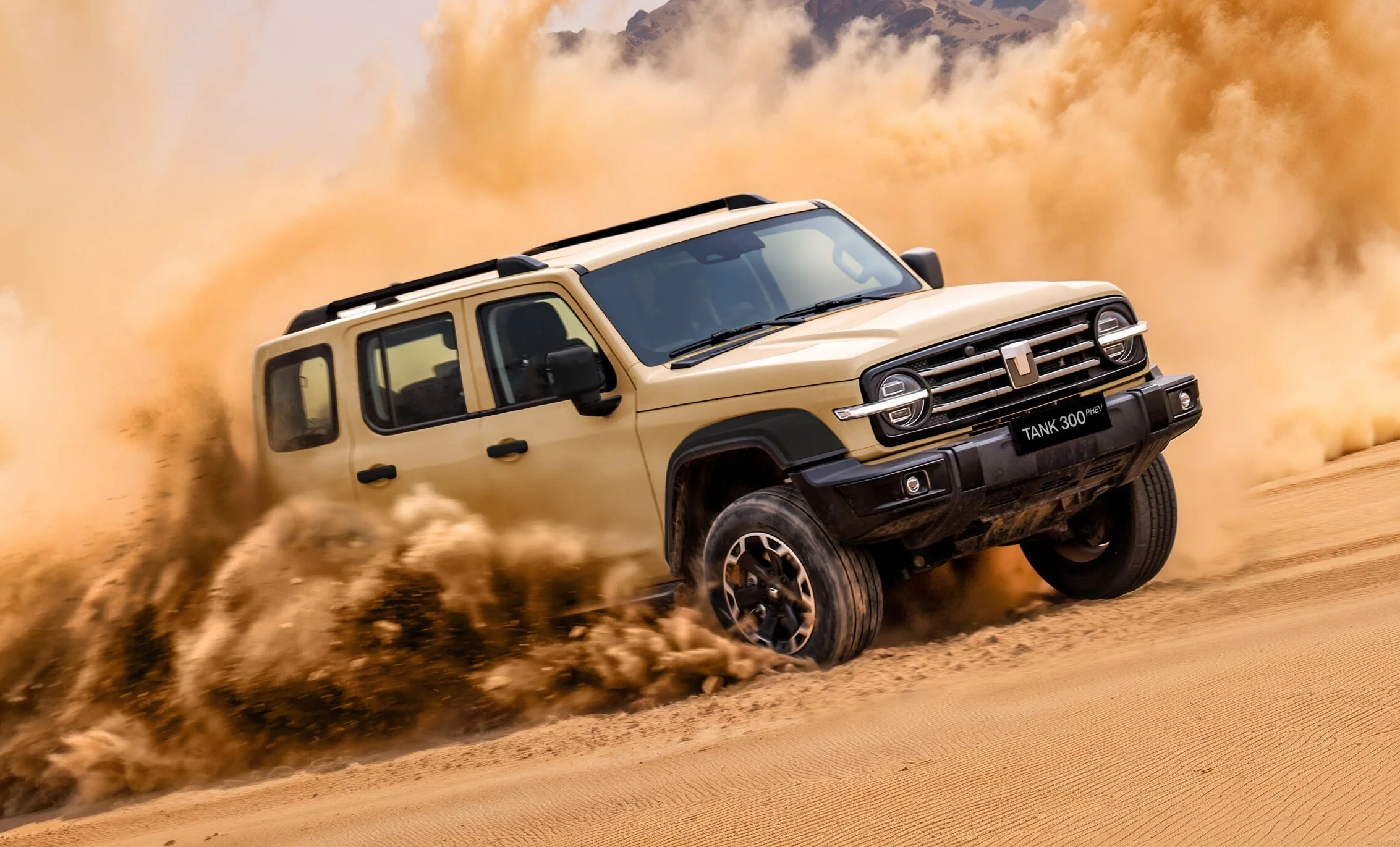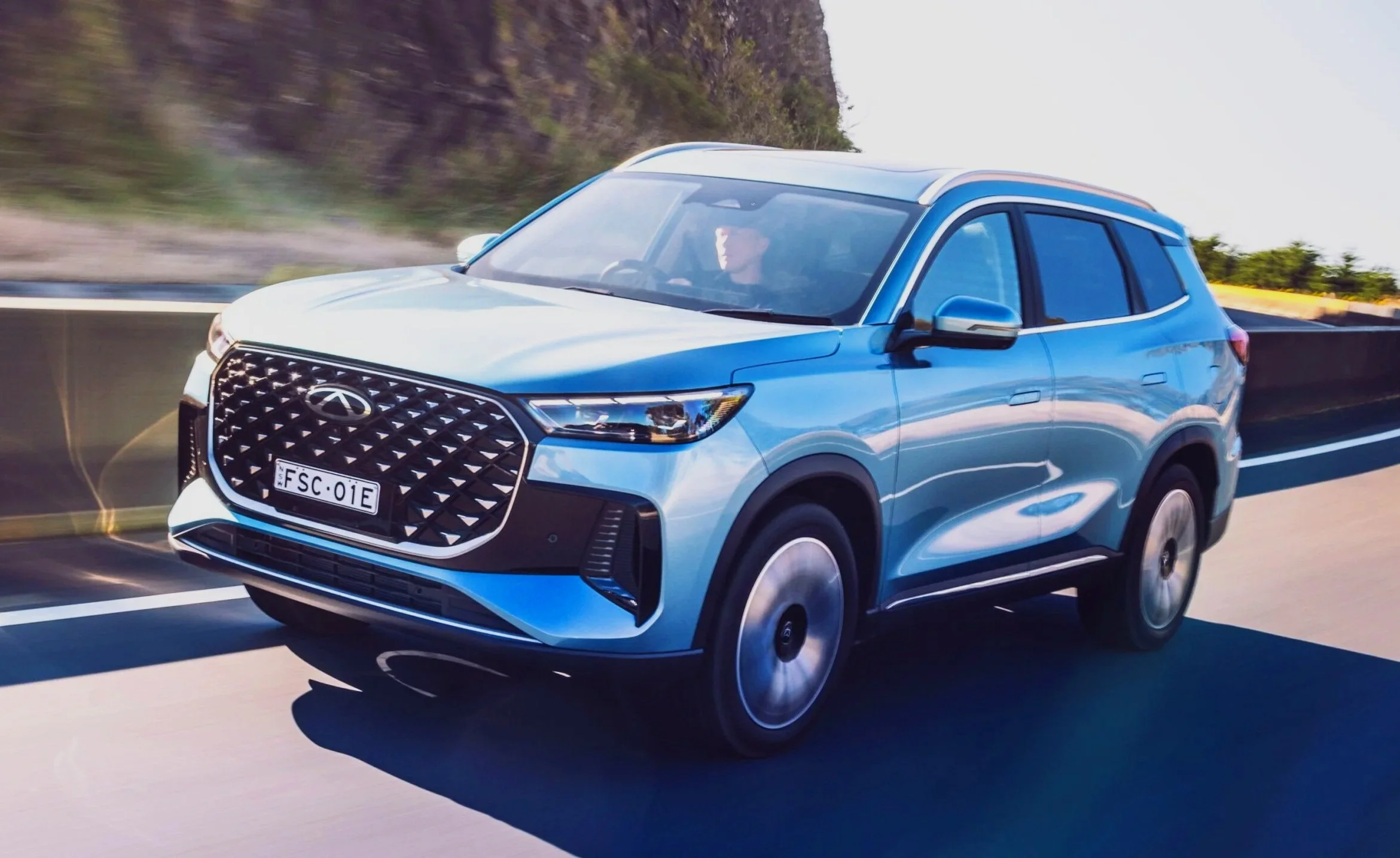Should I tint my car's windows?
Here are the most common questions I get asked regarding window tinting: SPF factors, UV protection, solar glass & privacy glass...
Question
Is aftermarket tinting of any value? Our whole family is fair skinned. I believe the standard side windows are by default SPF 46 or 48 and custom darkest legal tint only improves that to SPF 50. Are these figures correct and if so what is the value of this accessory?
- Michael
See also:
Answer
Hello Michael,
Automotive glass varies in terms of UV transmission. The Cancer Council has made some definitive statements on this:
UV radiation levels inside a car vary depending on factors such as whether the side windows are open or closed and the orientation of the vehicle with respect to the sun.
They are generally much lower than outside in full sunlight, varying from as low as 4% up to 50% of the ambient UV radiation outside the vehicle.
Clear autoglass (side windows) blocks about 97% of the UVB radiation and about 37% of UVA radiation.
Laminated windscreens block all of the UVB radiation and about 80% of the UVA radiation.
Clear windscreen films can reduce the transmission of UVR further so that as much as 97% of the UVA is blocked. This depends on the quality of film used.
Clear or tinted films can also reduce the amount of UVA and UVB penetrating through the side glass. The amount of protection varies with different products.
Visible light transmission and UV transmission are not directly related - there are standards for visible light transmission but not UV, and it does not directly follow that a dark tint film applied to the window will necessarily block any UV radiation. There does not seem you be much of a case for tinting as a UV reduction strategy - but it is a good idea to drive in summer with the windows up and the air con on.
See also UV Radiation at Cancer Council >>
Question
What is the SPF rating of the glass in cars?
1. "Solar glass" on the windscreen and front windows?
2. "Privacy glass" on all the other windows?
Are they laminated glass or only tempered glass?
- Michael
Answer
Hello Michael,
You’d have to ask the car manufacturer for the specifications on the glass.
There’s no correlation between darkness of the glass/tint and UV rejection.
All automotive glass is a good rejector of UVB (blocks nearly all of it). UVB causes sunburn.
Tempered glass typically rejects all UVB and about 20% of UVA (ie allows about 80% of UVA through).
Laminated glass rejects nearly all UVA as well. (UVA causes tanning.) Only windscreens are typically laminated.
Some tint films reject more than 99% of all UV. I’d want to know comprehensive specs on any tint film I used. (Even the approximately clear ones can block 99+% of all UV.
Both UVA and B are bad for human health.
Applying SPF-type ratings to glass doesn’t make all that much sense. There’s no mandatory standard for applying SPF-type ratings to cars, and there’s no mandatory standard for automotive glass’s UV performance.
See also Sun Hazards in Your Car at Skin Cancer Foundation >>








Just because a ute is cheap, that doesn’t mean it’s worth the money. Is the GWM Cannon more than just a cut-price Ranger wannabe? Can it offer towing, off-roading capability and robust design to compete with the big brand dual-cab utes like Hilux and Triton?